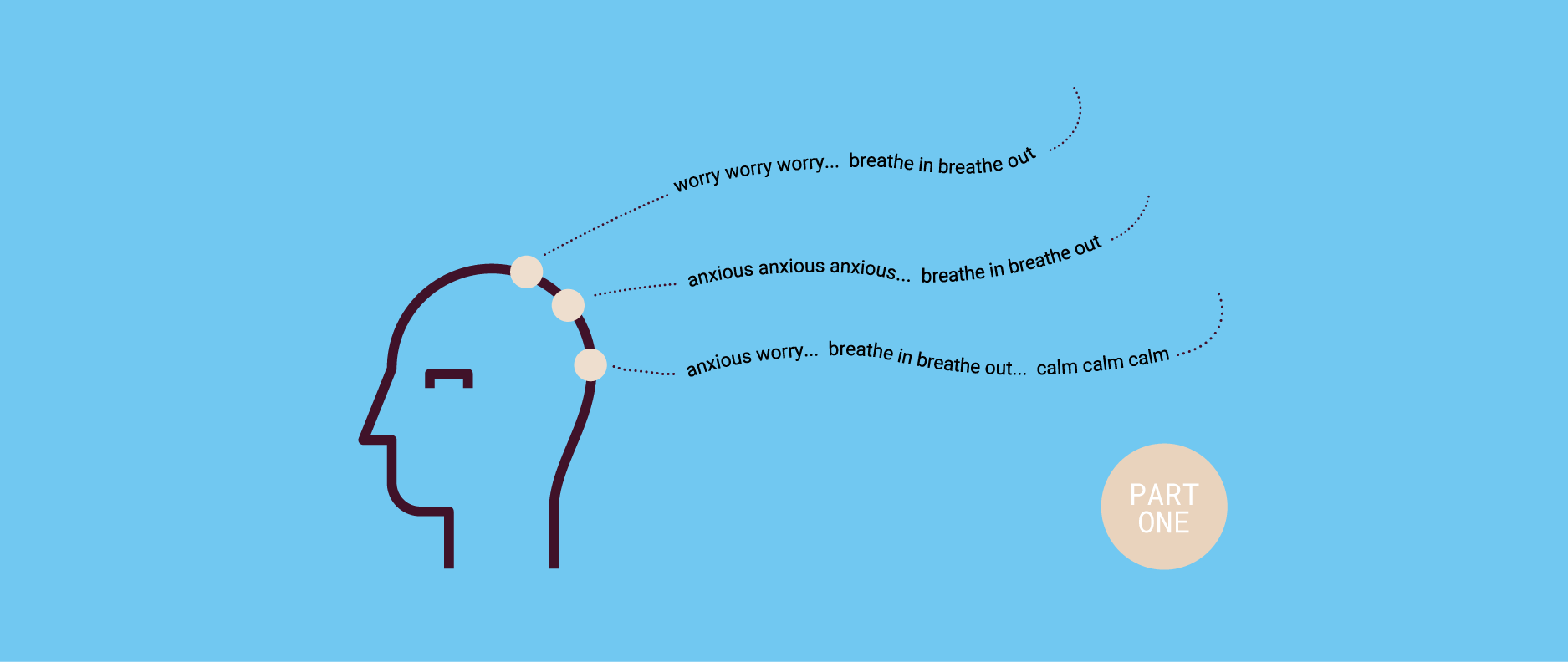
How to change unhelpful thinking styles: Part one
In our previous social media tip series we introduced unhelpful thinking styles (aka. unhelpful thinking traps, negative automatic thoughts, or cognitive distortions) and provided a strategy to manage these types of thoughts.
In this three-part blog series we will be taking a deeper look at some of those common unhelpful thinking traps that we all fall into from time to time. These thinking traps can contribute to low mood or anxiety and keep us stuck in unhelpful patterns of behaviour.
For each unhelpful thinking style we’ve provided a description, example, and strategy for managing this type of thought. These strategies are taken from either cognitive therapy or acceptance and commitment therapy. In the former, unhelpful thoughts are challenged and replaced with more helpful thoughts. In the later, the way we relate to unhelpful thoughts is changed rather than changing the content of the thought itself.
Mental filtering
Involves filtering in and dwelling on the negative while filtering out the positive information or aspects of a situation. For example, if you receive a performance review at work and you dwell on the one area where your boss has suggested you could improve and ignore all the other areas where your boss said you had been excelling.
Next time you notice that you have fallen into this thinking trap try asking yourself “am I taking the whole picture into account?” or “are there other aspects of the situation that I am ignoring?”
Overgeneralising
This thinking trap involves making sweeping conclusions based on the outcome of one specific incident or one piece of evidence. For example, imagine you have spent all day preparing a lasagne for a dinner party and upon sitting down at the table one of your guests announces that they are gluten intolerant. You may then think “I can never get anything right” or “I am always so inconsiderate” if you were overgeneralising from this one small oversight.
To challenge overgeneralising ask yourself “is it true that I never… Can I think of situations where this hasn’t applied?”.
Jumping to conclusions
This thinking trap involves making predictions about the future or assuming we know how something will turn out/go (also known as predictive thinking or fortune telling). Most commonly we predict that things will go badly and/or overestimate just how badly they will go. For example, you predict that you will be the most unfit person and will not be able to finish the run and so you put off joining that running club.
When you notice that you’re predicting how something will go approach the situation like a scientist testing a hypothesis- did x really happen or am I just guessing it will?
Mind-reading
Involves assuming that we know what someone is thinking, feeling or why they did something that they did. For example, if a friend doesn’t reply to a message you have sent them and you assume they haven’t replied because they don’t like you that much.
To challenge mind-reading try asking yourself “How do I know this?” and “what other ways are there of viewing the situation?”. Alternatively, try labelling it as “mind-reading”, and then create distance between yourself and the thought by adding “I am noticing that I am having the thought that…”.
Written by Dr Gemma Healey, Clinical Psychology Registrar
More information
If you would like to learn more about identifying and changing unhelpful thinking styles or to book an appointment with Dr Gemma Healey or another one of our experienced clinical psychologists, contact our friendly client team by calling 6143 4499 or email via our contact page.

Contact
Ph: (08) 6143 4499
Fax: (08) 9200 5696
Monday to Thurs 8:30am - 7:30pm
Friday 8:30am - 4:30pm
Saturday 8:30am - 2:30pm
Locations
6 Outram Street
West Perth, 6005 WA
36 St Quentin Avenue
Claremont, 6010 WA
In the spirit of reconciliation, Lawson Clinical Psychology acknowledges the Traditional Custodians of country throughout Australia and their connections to land, sea and community. We pay our respect to their Elders past and present and extend that respect to all Aboriginal and Torres Strait Islander peoples today.
Lawson Clinical Psychology celebrates the extraordinary diversity of people’s bodies, ability, genders, sexualities and relationships that they represent.
Copyright © 2024 Lawson Clinical Psychology. All Rights Reserved. Privacy Policy.
